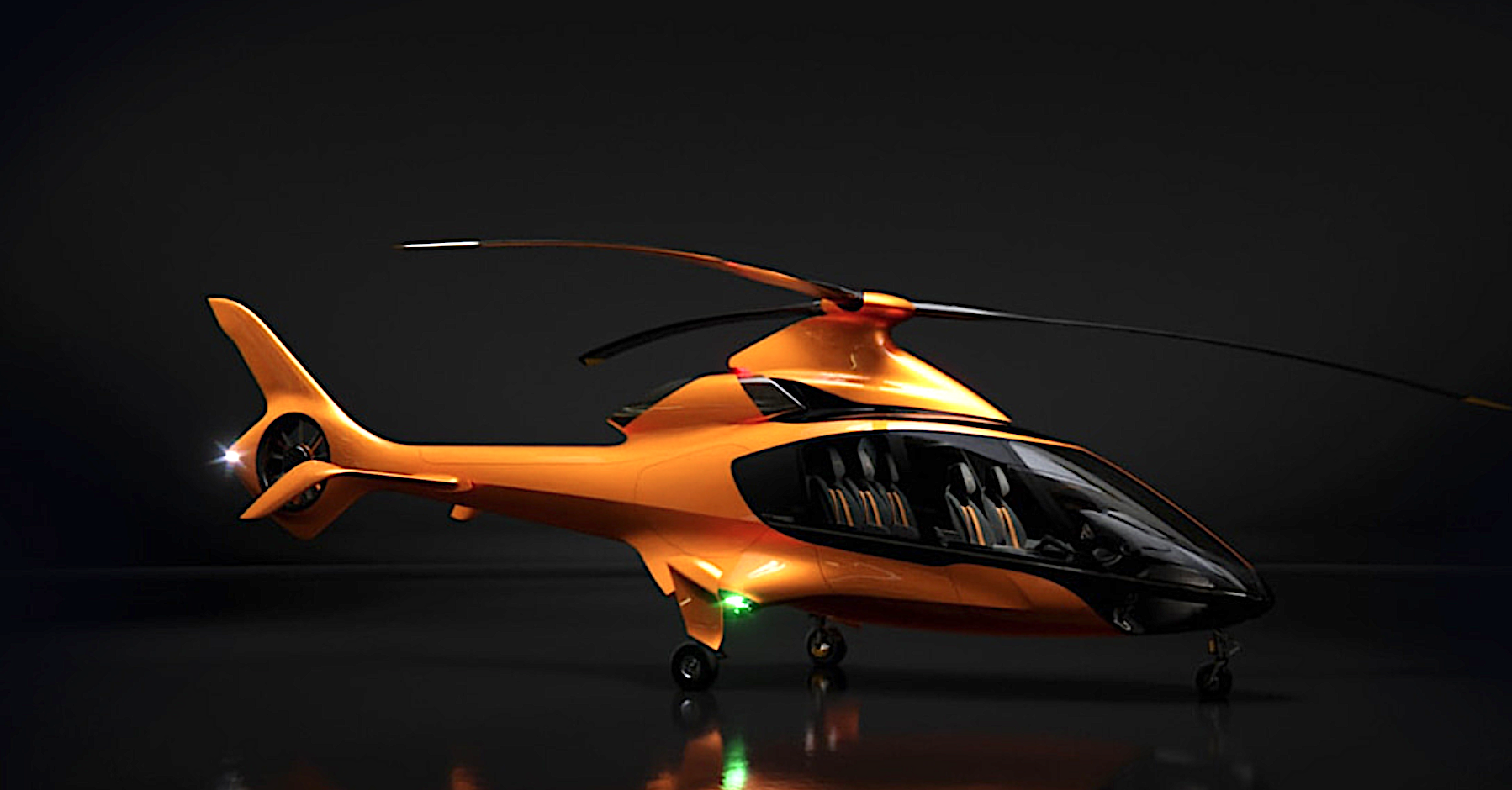Click Here to View This Page on Production Frontend
Click Here to Export Node Content
Click Here to View Printer-Friendly Version (Raw Backend)
Note: front-end display has links to styled print versions.
Content Node ID: 419355
The founder of Hill Helicopters this week expressed skepticism about the future of eVTOL aircraft during the company’s virtual “Global Meet Up” on December 20. CEO Jason Hill said alternative energy sources for these aircraft, specifically battery power, and hydrogen, remain impractical and that the overall costs associated with these aircraft are far too high.
The UK-based start-up believes it will offer a more competitive rotorcraft alternative to eVTOLs in the shape of its new HX50 kit-built and HC50 certified single-engine light helicopters. To be available from 2023 and 2026, respectively, these are powered by Hill's own turbine engine design and are expected to deliver range of just over 800 miles at speeds of around 160 mph, and with up to five people on board.
“It's going to be decades before we have batteries or a means of storing enough electrical energy for a genuinely battery-electric aircraft to be practical,” Hill said, adding that eVTOL operators are “going to find it very hard to make a living” and that these new aircraft are not “an immediate threat for us.”
The entrepreneur comprehensively dismissed the viability of rival VTOL aircraft programs. “The only way to get off the ground vertically more efficiently than a helicopter is in a balloon,” he argued. “So I think a lot of these fancy configurations that that [eVTOL] people are trying are all well and good, but I don't believe they offer any material advantages over a well-designed, modern helicopter. Those companies will struggle when they try and hit commercial viability. Trying to make money from an existing general aviation aircraft is very difficult. You have to fly enough hours to offset your enormous fixed costs. It's difficult. If you try and do that with a machine that can only fly for five minutes, you have precious little chance.”
Hill said battery-powered aircraft, in all likelihood, “are going to end up being every bit or more expensive than a conventional turbine aircraft, but far less mission flexible, far less capable.” He also tried to cast doubt on hydrogen power, noting, “I don’t think that will work either,” he insisted. “The problem with hydrogen is it has a really low density. Jet fuel is about 800 kilos [1,760 pounds] per meter cubed. Hydrogen is 72 kilos [158 pounds] as a liquid per meter cubed. The amount of energy in a fuel is defined per unit mass. If it's got a low density you need a huge volume of it to have the kind of range that we're offering with the HX50.”
In Hill’s view, any practical alternative to pure internal combustion power likely will involve some degree of hybridization. “I think that's something that could offer a great suite of benefits to private owners and commercial operators,” he said.
However, Hill did concede that the massive amount of money and attention being devoted to eVTOLs has one immediate benefit for commercial aviation “in terms of the opportunity that it provides for us. It's clearly showing how many people want to do point-to-point travel, and that is an opportunity for the HC50. That's an opportunity for a good commercial helicopter.”
